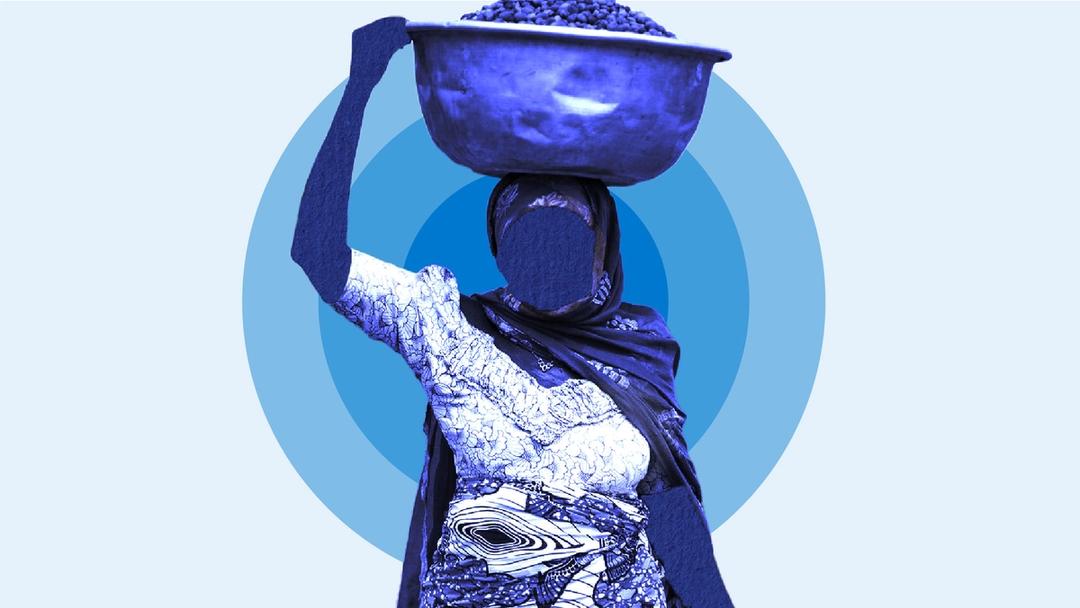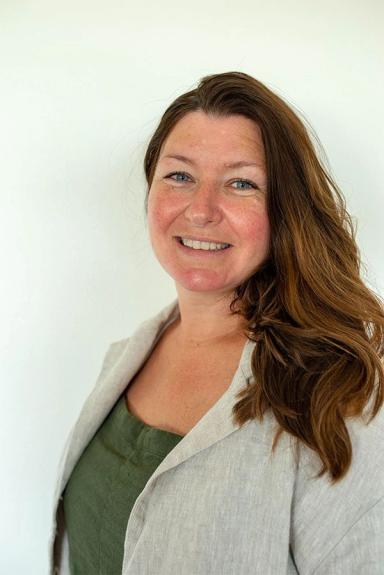Online course
Gender and corruption

Type
Facilitated, expert-led course. Free of charge.
Engage in self-study, written assignments and group discussions in an online forum. Successful participants receive a certificate.
Duration
3 weeks.
Participants will need 2–3 hours per week to review the material, contribute to discussions, and complete a short assignment. Support from U4 advisers and affiliated experts is available.
When
This course is currently being revised. You may register for the waiting list (non-binding) and we will notify you when the 2025 dates are set.
Who can apply
U4 online courses are primarily for U4 partner staff and their guests. We do, however, also accept a limited number of applicants from NGOs and multilateral organisations.
Apply by using the register button below. In the case of high demand, we will prioritise among guest applicants to achieve a diverse group of participants (job role/organisation, gender, location, etc).
We regret that we cannot accommodate applicants who have no direct relevance to the U4 partners' work.
Course prerequisites
In order to ensure a shared basic knowledge of definitions, terminology and concepts of corruption and anti-corruption, prospective participants must complete our self-paced Essentials of Anti-Corruption I module before they can take this course. Essentials of Anti-Corruption II: Development Programming is also recommended, but not required.
What you'll learn
The objective of this course is to assist development practitioners to integrate gender, diversity, and inclusion into anti-corruption programming. The course will consider:
- How the inclusion and participation of under-represented groups in public office reduces corruption
- The differential impact of corruption on minorities and under-represented groups along various dimensions of human development and security
- Reducing sextortion in development and humanitarian aid
- Using gender-budgeting and gender-smart procurement to advance transparency and accountability
–
Download course leaflet (PDF).
Questions about this course? Contact course@u4.no.
Register your interest for this course:
Experts

Monica Kirya
U4 Deputy DirectorCoordinators
